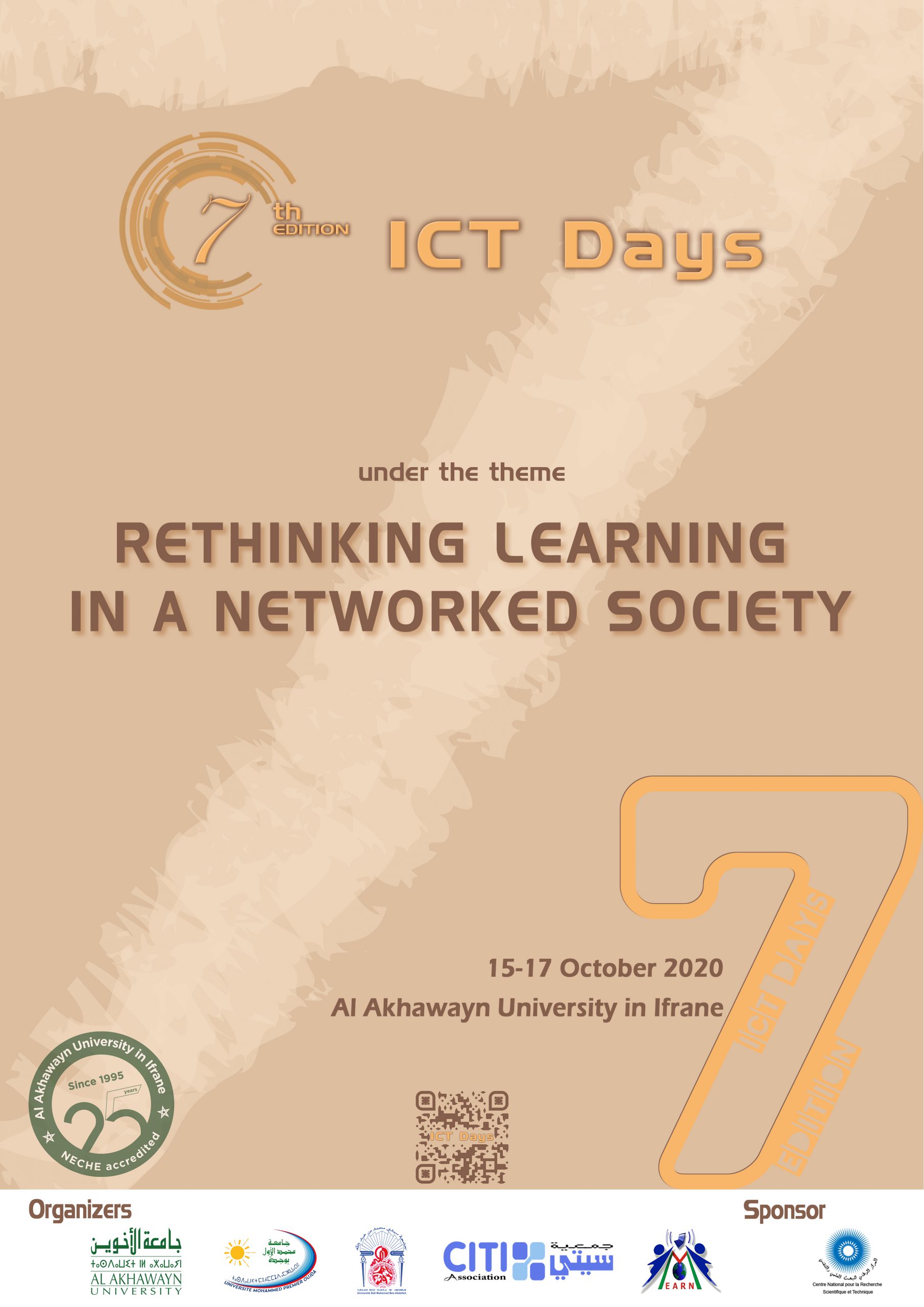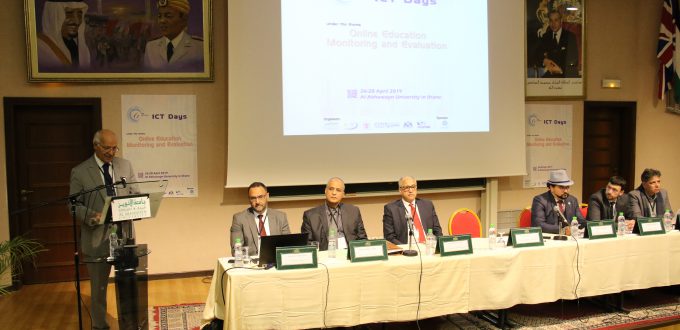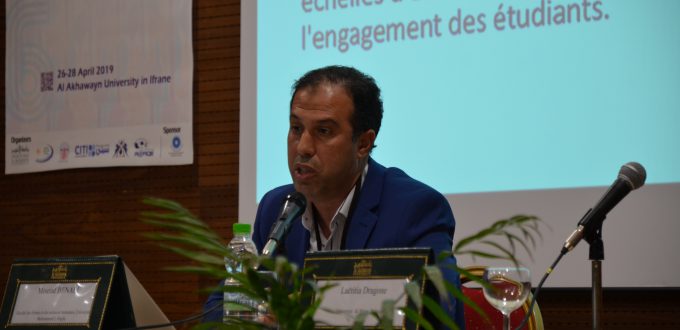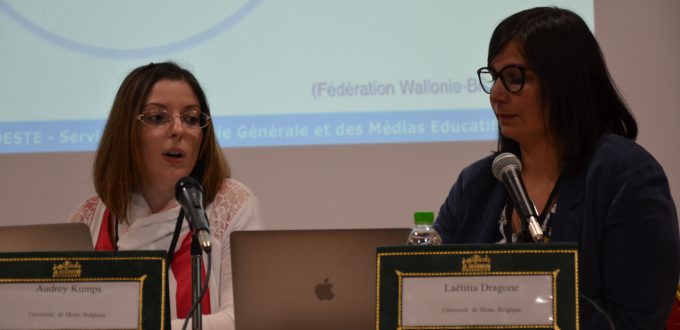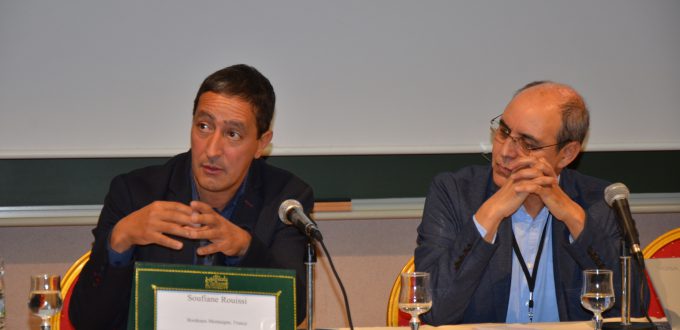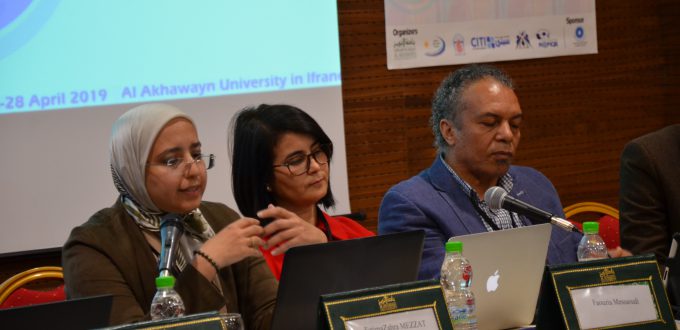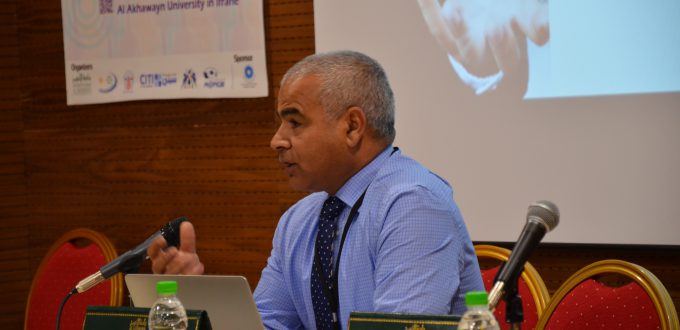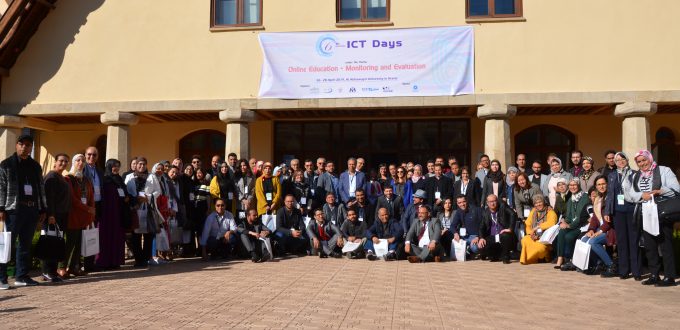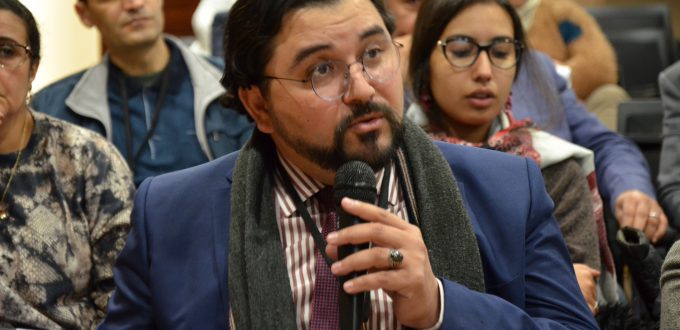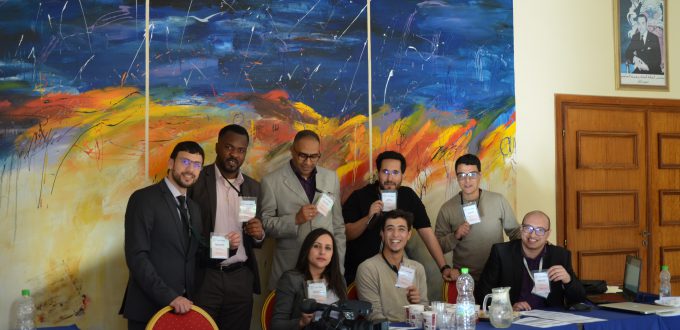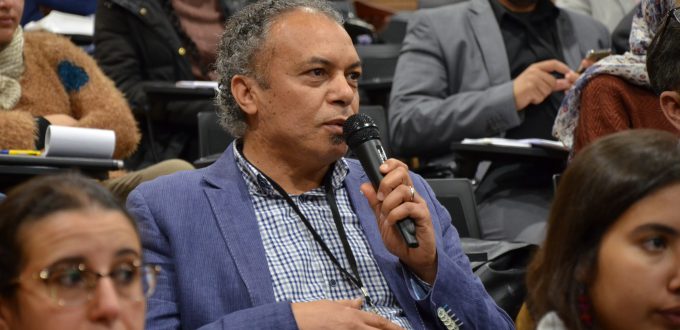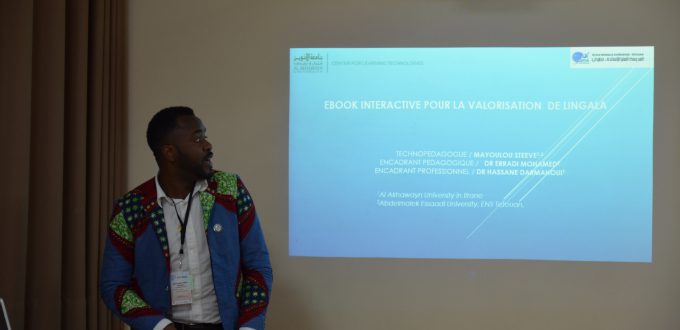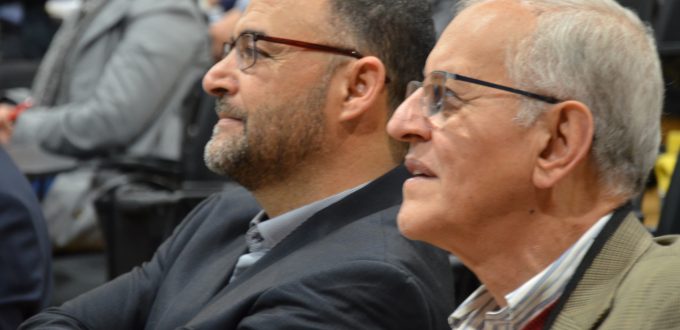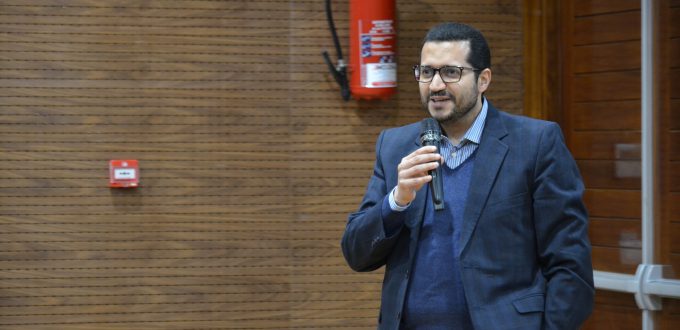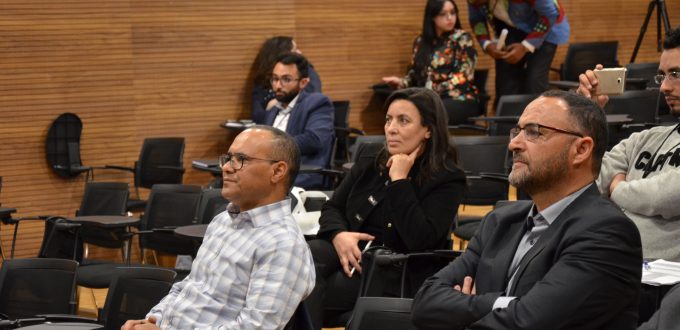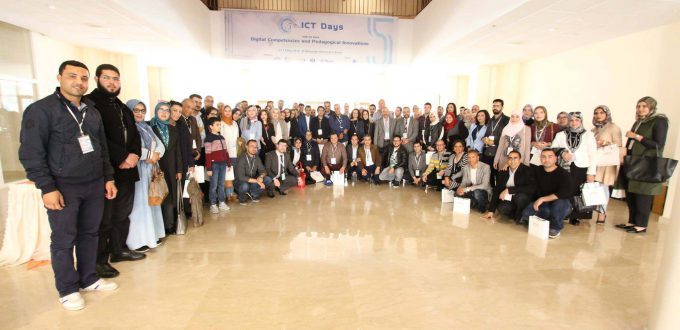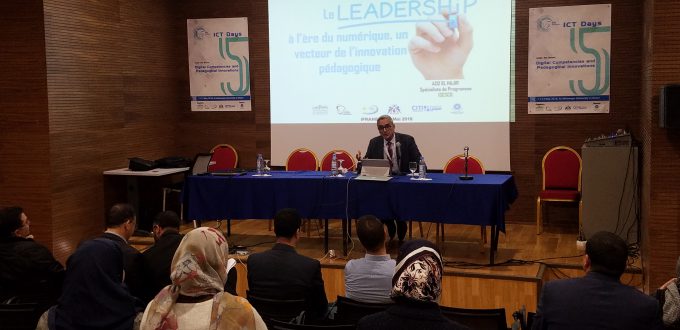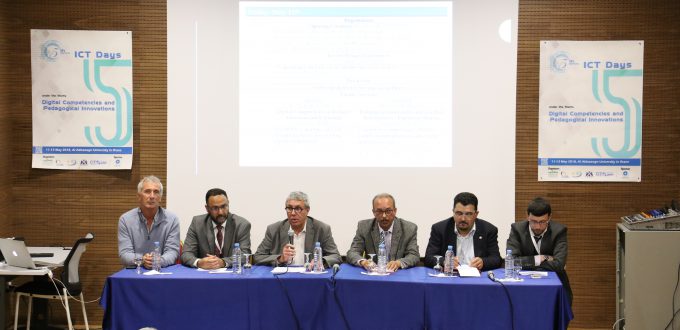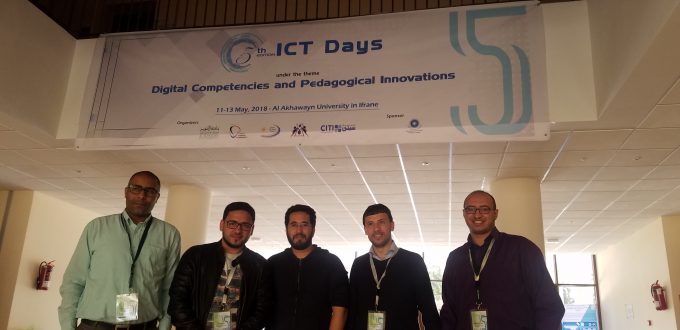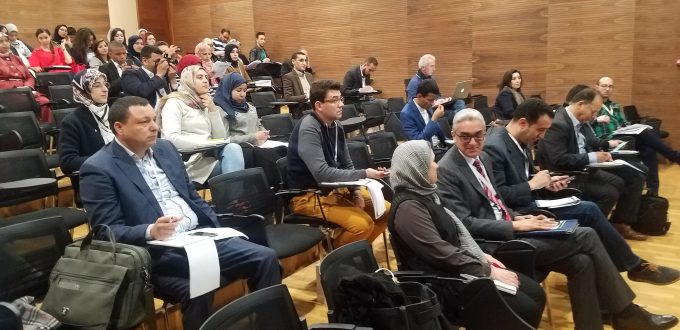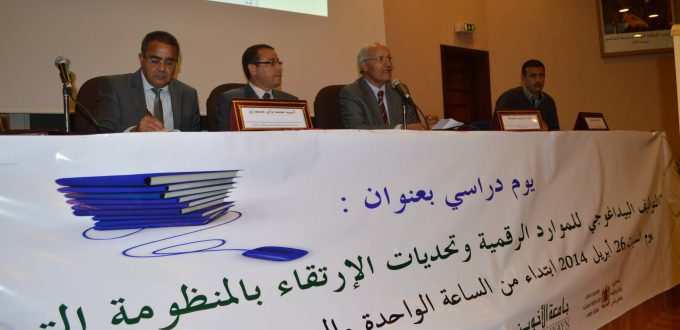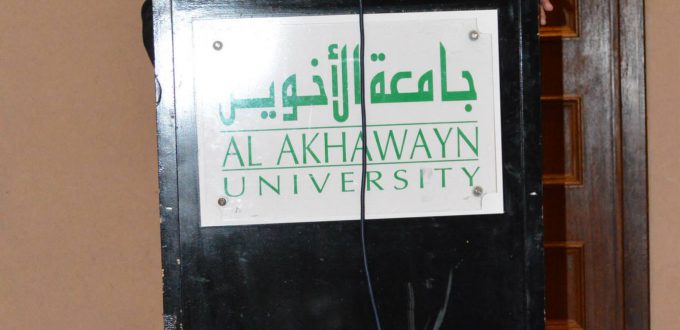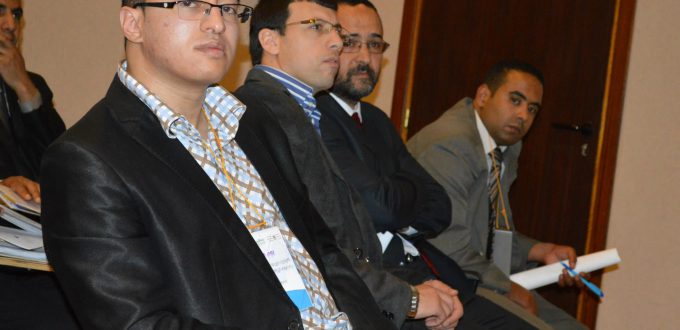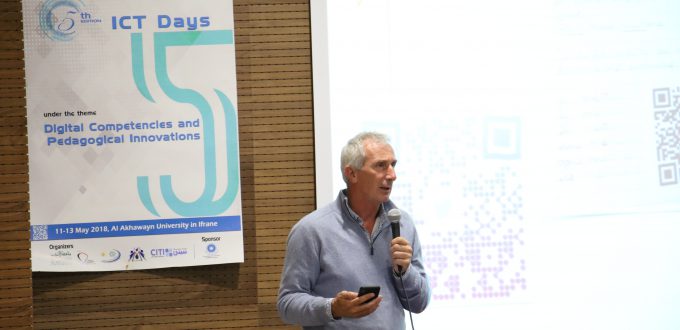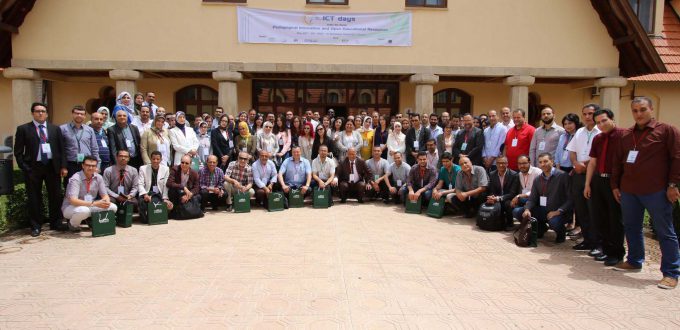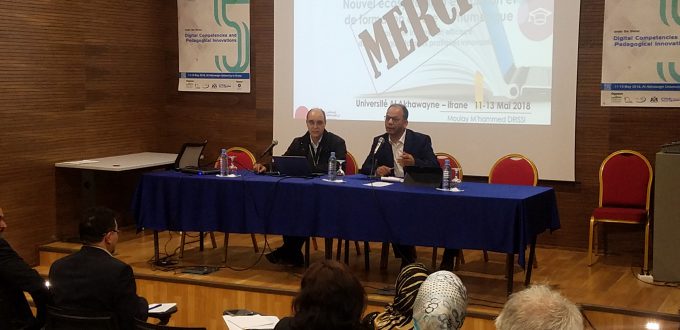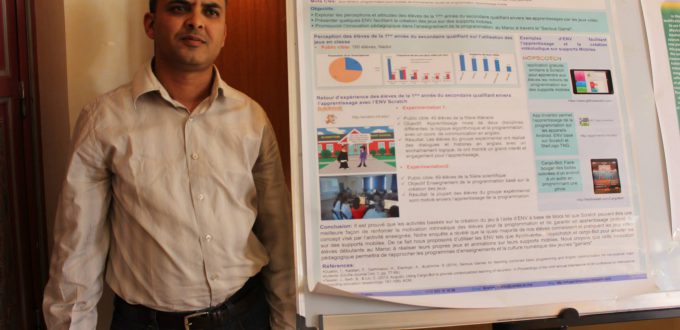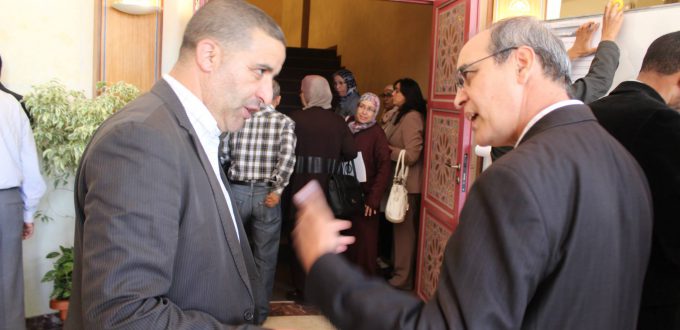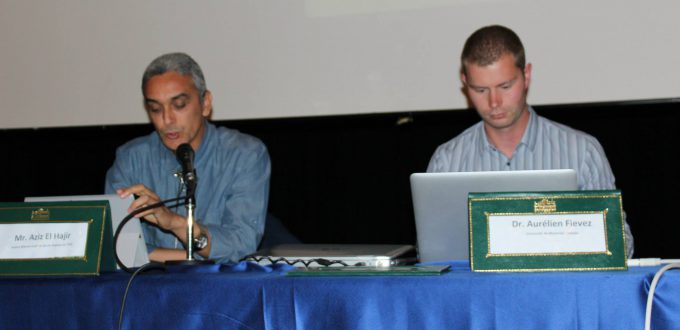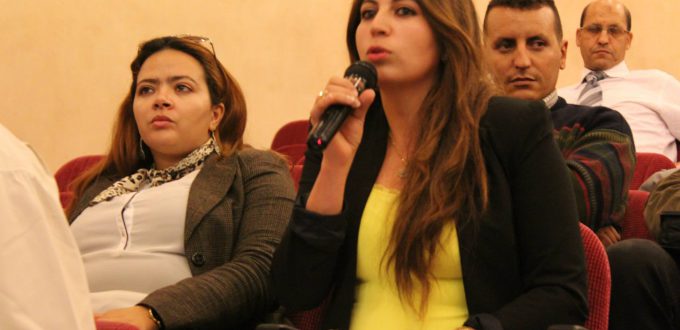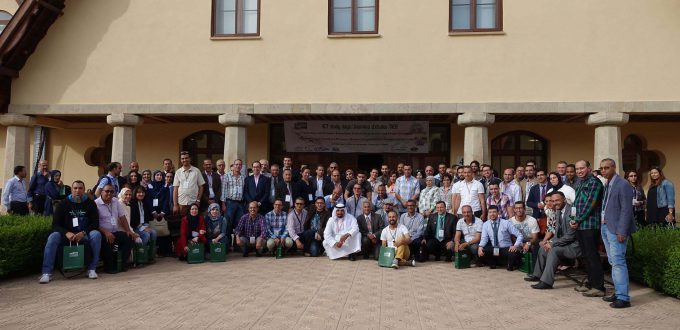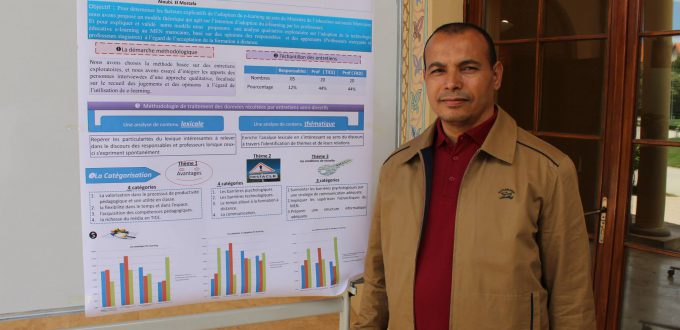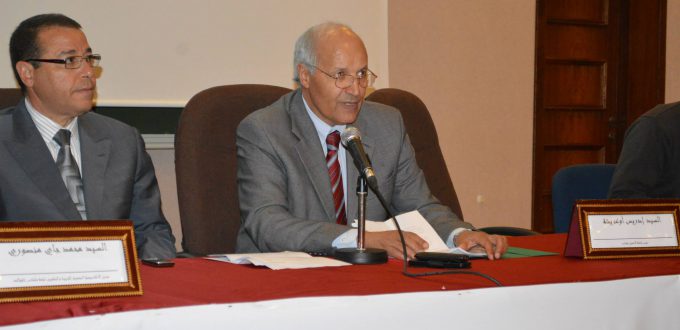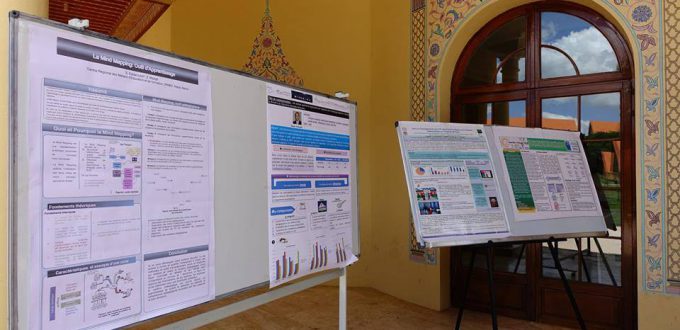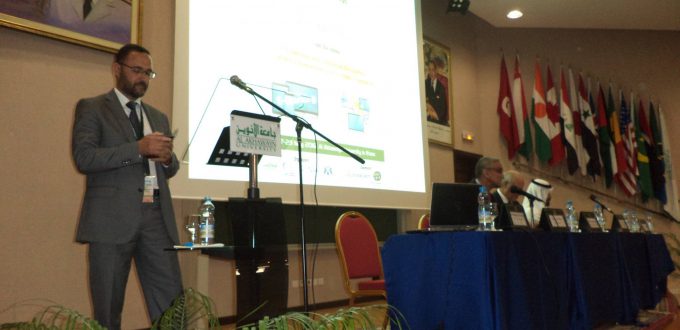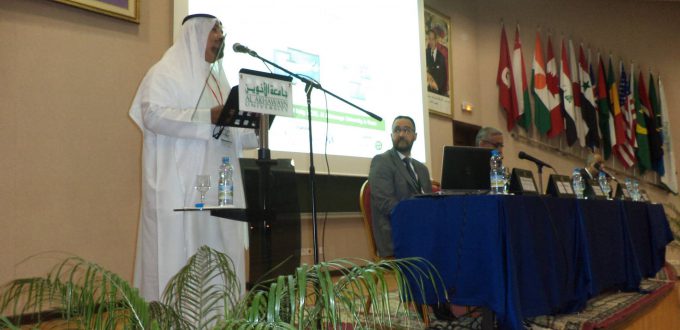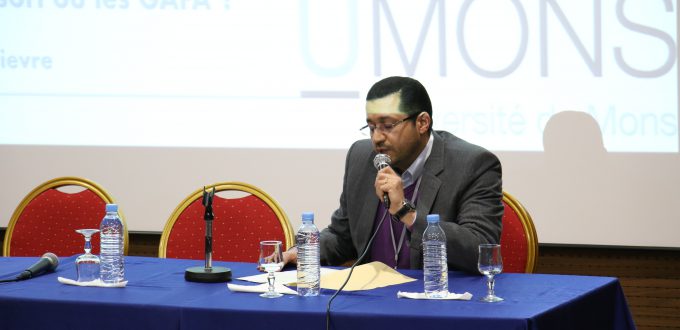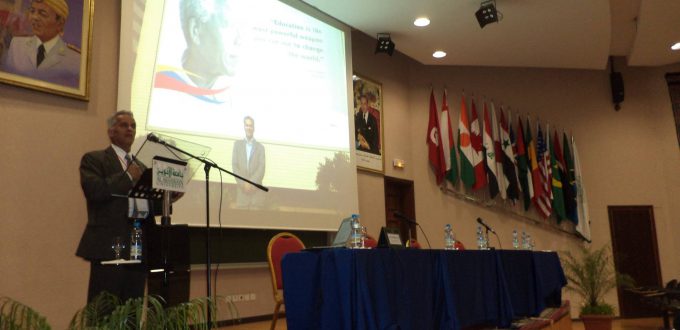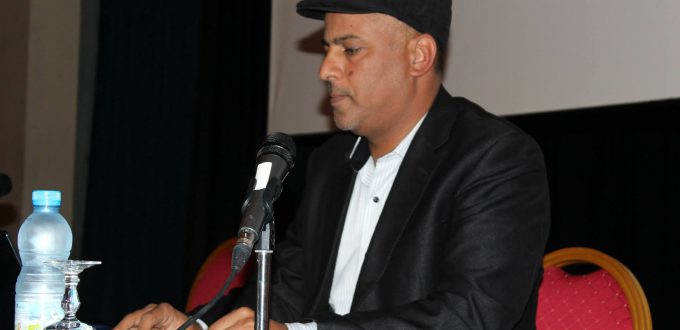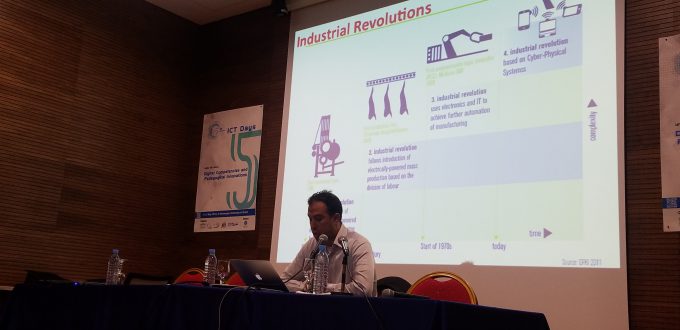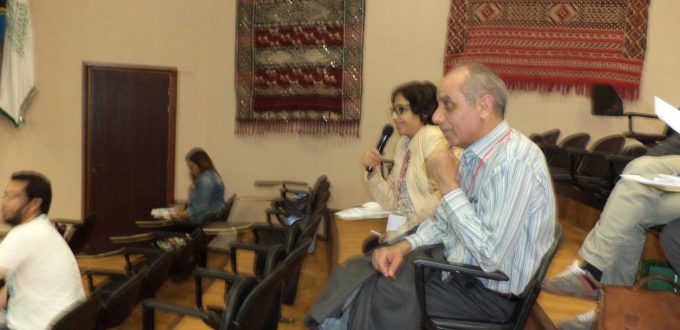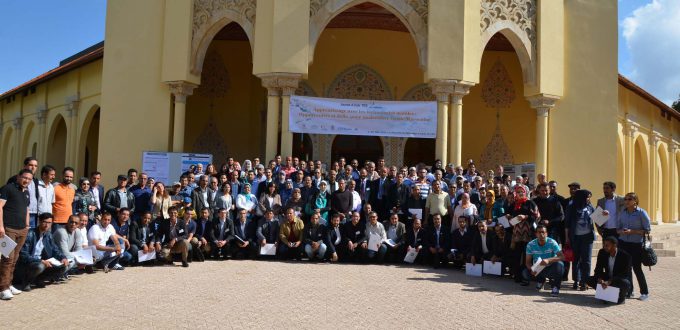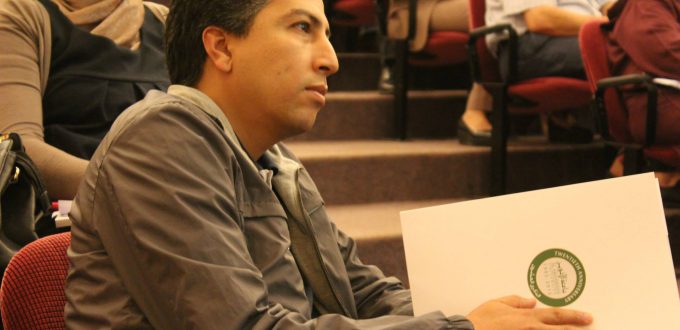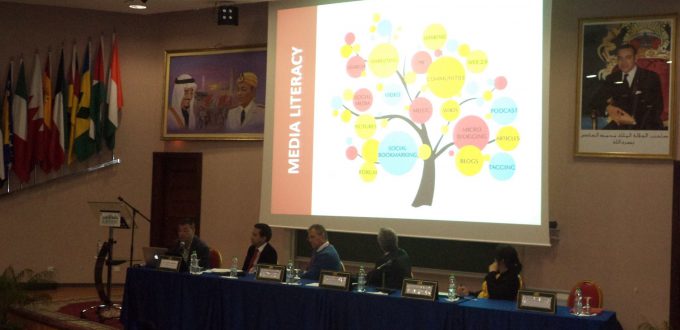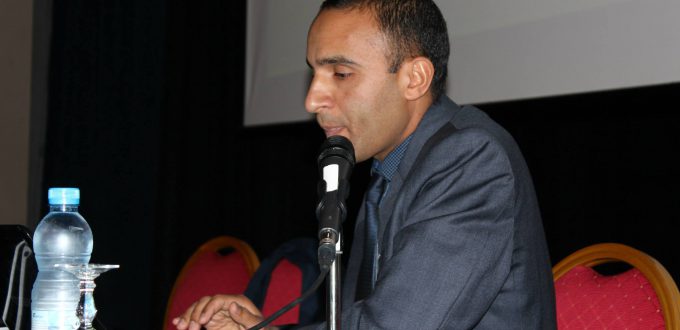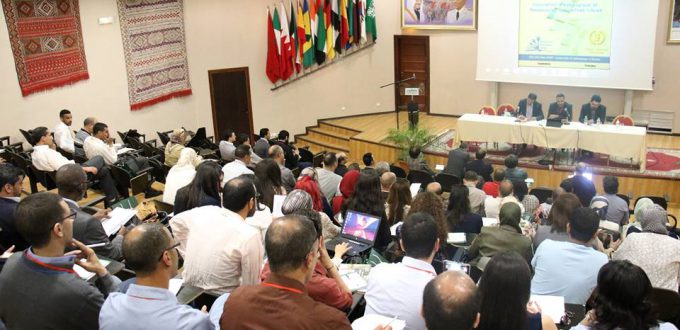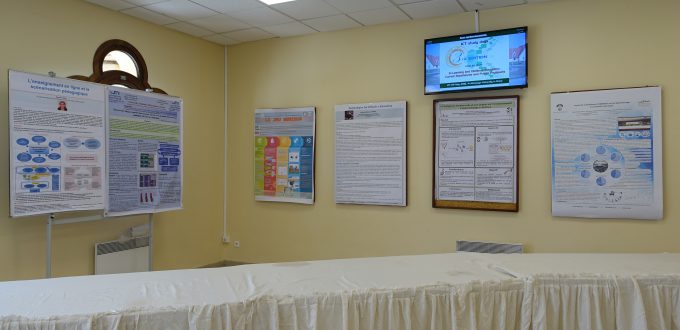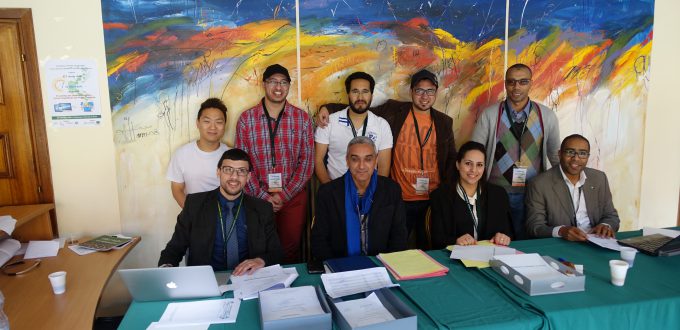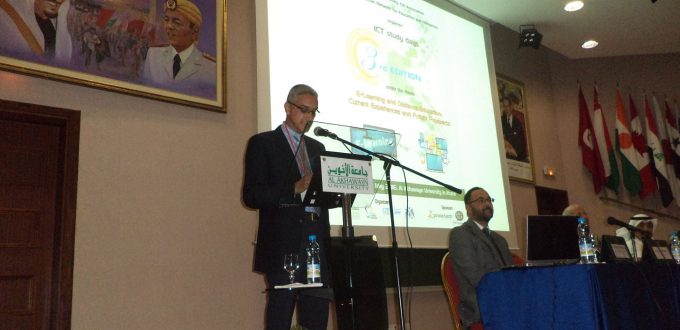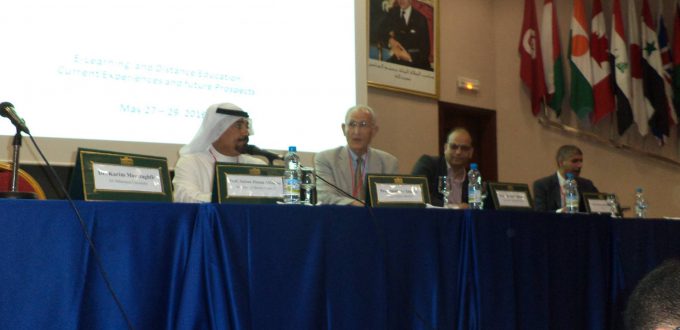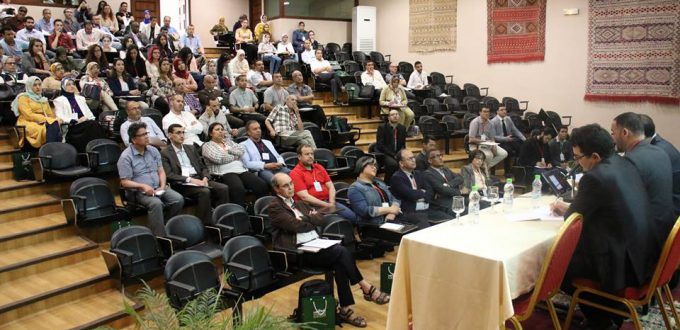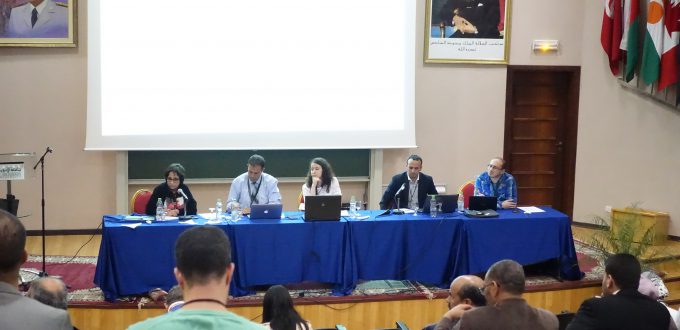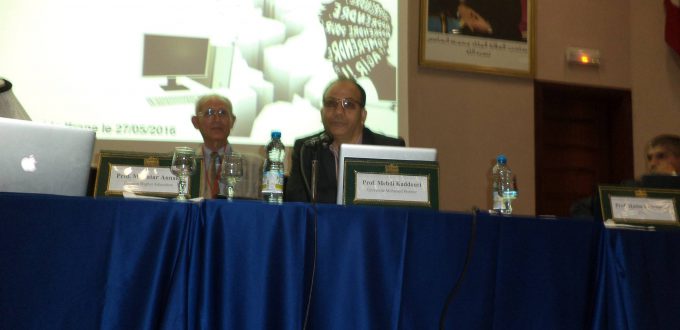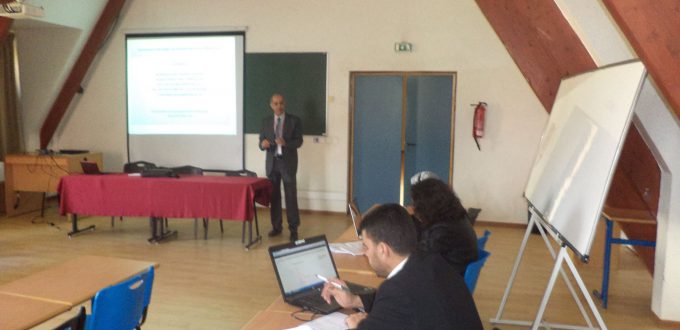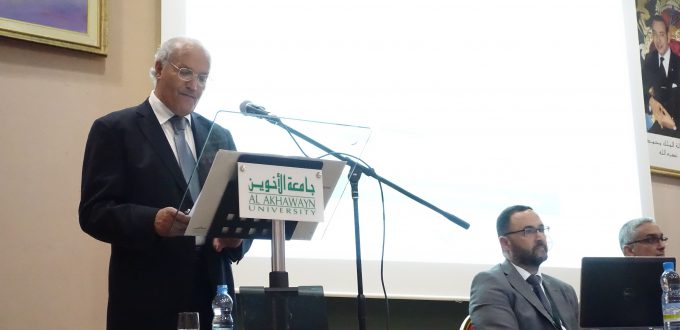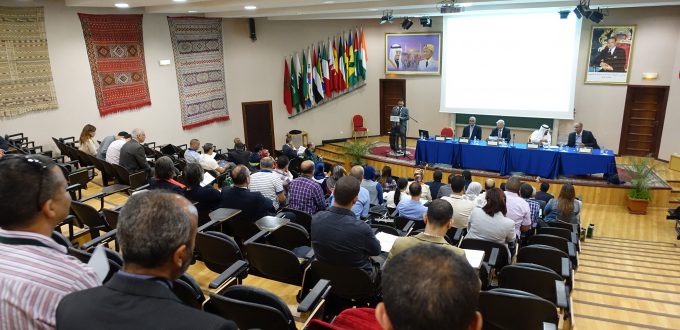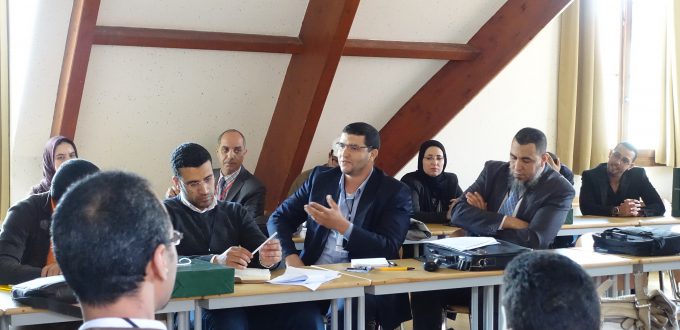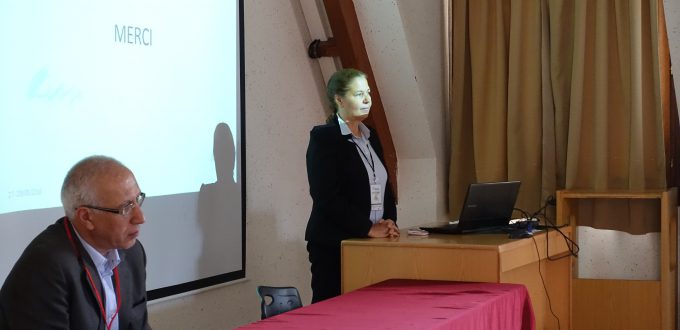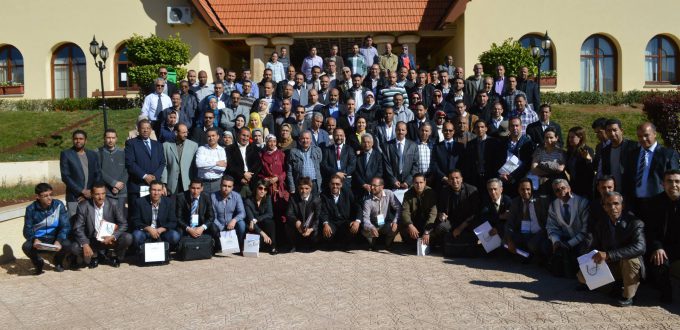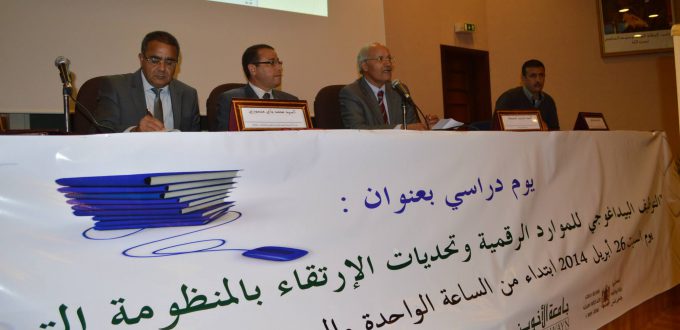Due to the COVID-19 pandemic and the many impacts it has on our community, we are shifting the ICT-Days’20 conference to 15 -17 October 2020 – Free & Online
100% Online & Free
ICT Days, 7Th Edition
Rethinking Learning in a Networked Society
After the success of the six past editions of ICT Days annual conference, we are pleased to announce the seventh edition (ICT-Days’20). This conference is an excellent forum for researchers and practitioners to exchange ideas, experiences, opinions and research results related to ICT in education. The main focus of this year’s conference will be about Rethinking Learning in a Networked Society.
Other topics of interest include, but are not limited to, the following areas:
- Learning in social networks ;
- Exploring Readiness using the fully online learning community ;
- Networked learning and Learning Analytics;
- Leadership in learning networks ;
- Distance learning ;
- Future networked university ;
- Networked learning & the challenges for higher education;
- School system in a networked society;
- Supporting autonomous learners ;
- The changing role of the teacher;
- Social context of learning ;
- Theories, methodologies, and design for networked learning;
- Roles of learning analytics, big data, and artificial intelligence in networked learning;
- Transfer and transformation of knowledge, practice and networked society.
- New : Education shift during COVID-19 pandemic
Researchers have been investigating social changes and transformations in order to analyze, understand and explain the society we are living in. This scenario has brought out various terms such as: “Information Society”, “Knowledge Society”, “Digital Society” and, “Network Society” among others. The knowledge society is characterized by the acceleration of knowledge production and the advent of knowledge-based communities (David & Foray, 2003; Sloep & Jochems, 2007). A central idea is that, ultimately, knowledge-intensive services and products will generate more economic value than do trade or the industrial production of bulk goods.
Networked Society is having a transformational effect on education. One of the biggest changes is that education is morphing and changing in many ways. It is now available all of the time rather than just in business hours, and it is accessible to more and more people via the World Wide Web. The collaboration that has gone into the development of some websites, such as Wikipedia has aided this change tremendously. People are now able to access all kinds of information 24/7 and this access to knowledge is also having the effect of driving entrepreneurship. One of the major changes that has occurred specifically in the field of education is new classroom models and ecosystems that bring education to the masses. For example, MOOCs providing courses that are available to anyone anywhere from very high quality learning institutions. At the same time the Khan Academy changes the classroom model by helping students to be able to take lectures and home with a minimal intervention from teachers and learning is achieved through peer coaching, discovery and exploration. Virtual classroom are becoming a more widespread concept, and are able to complement the physical classroom, bringing education across large distances. Meanwhile learning platforms are already being developed that help students to be able to monitor their own progress and provide feedback that can help them to improve their own learning.
At this point, networked learning is nowadays a broader area of inquiry bringing together research in education and organizations spanning formal and informal learning settings. Ever more it becomes evident that higher education Institutions should focus on managing the increasingly permeable boundaries among universities, and between universities and the world outside them.
The focus of the conference is research and practice that addresses relational and interactional aspects of digital networked society and networked learning with an emphasis on dialogical learning, collaborative and cooperative learning, distance learning and learning in social networks.

Dr. Piet Kommers, UNESCO Professor of Learning Technologies; University of Twente, The Netherlands
Keynote Title: Learning Technology for the Evolution of Education
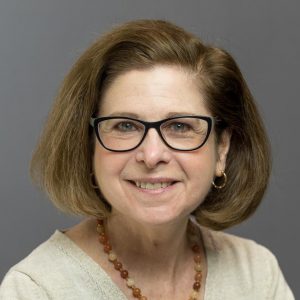
Dr. Helaine Marshall, professor of education and director of language education programs at Long Island University, Hudson, NY, USA.
Keynote Title: SOFLA: Synchronous Online Flipped Learning Approach
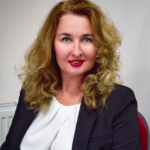
Dr. Iryna-Sekret, PhD in Educational Psychology & Education Studies,Professor of the Department of Translation and Interpreting in Bolu Abant Izzet Baysal University,Turkey
Keynote Title: Education in Emergency: From Face-to-Face to Online Learning
